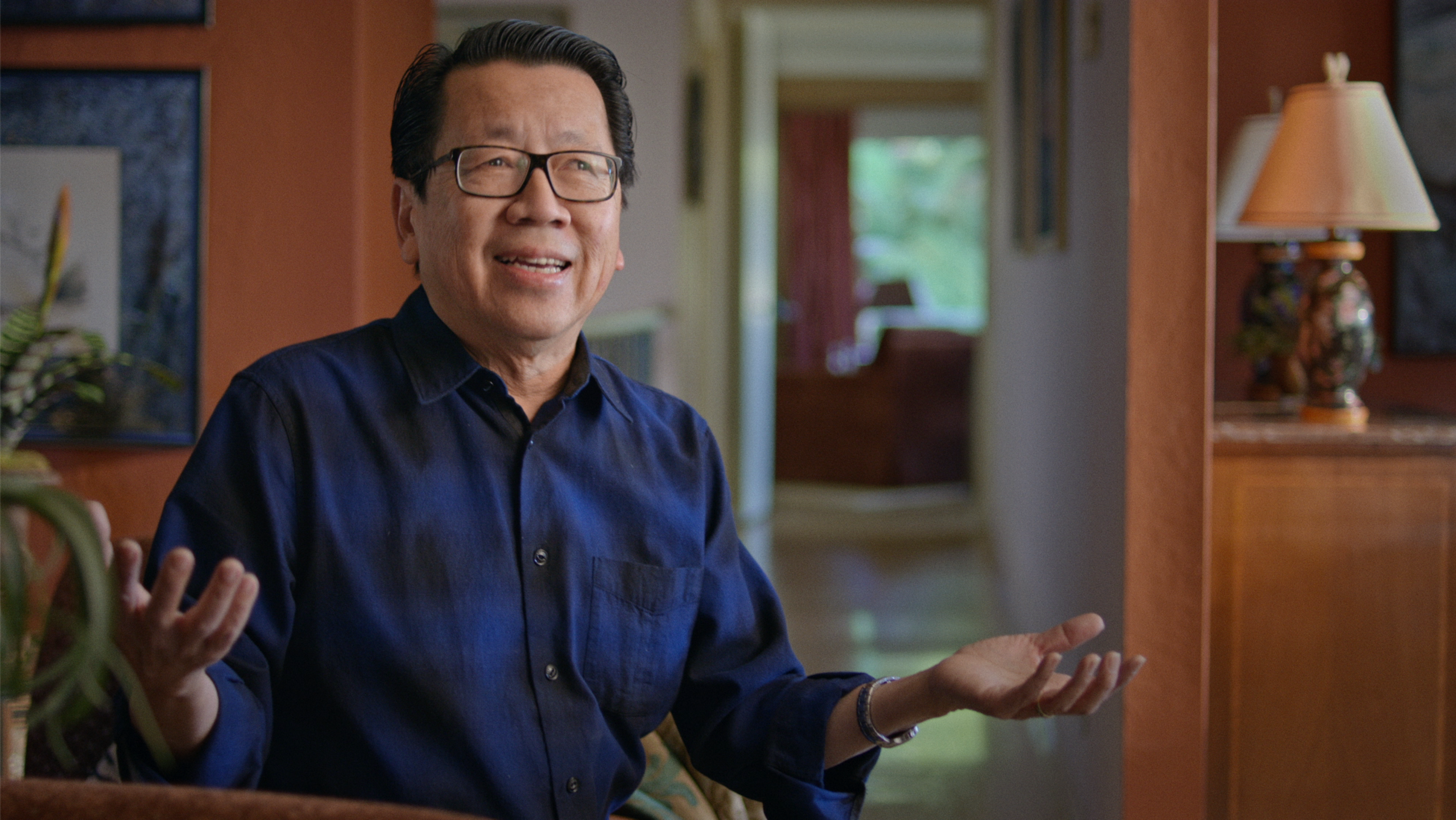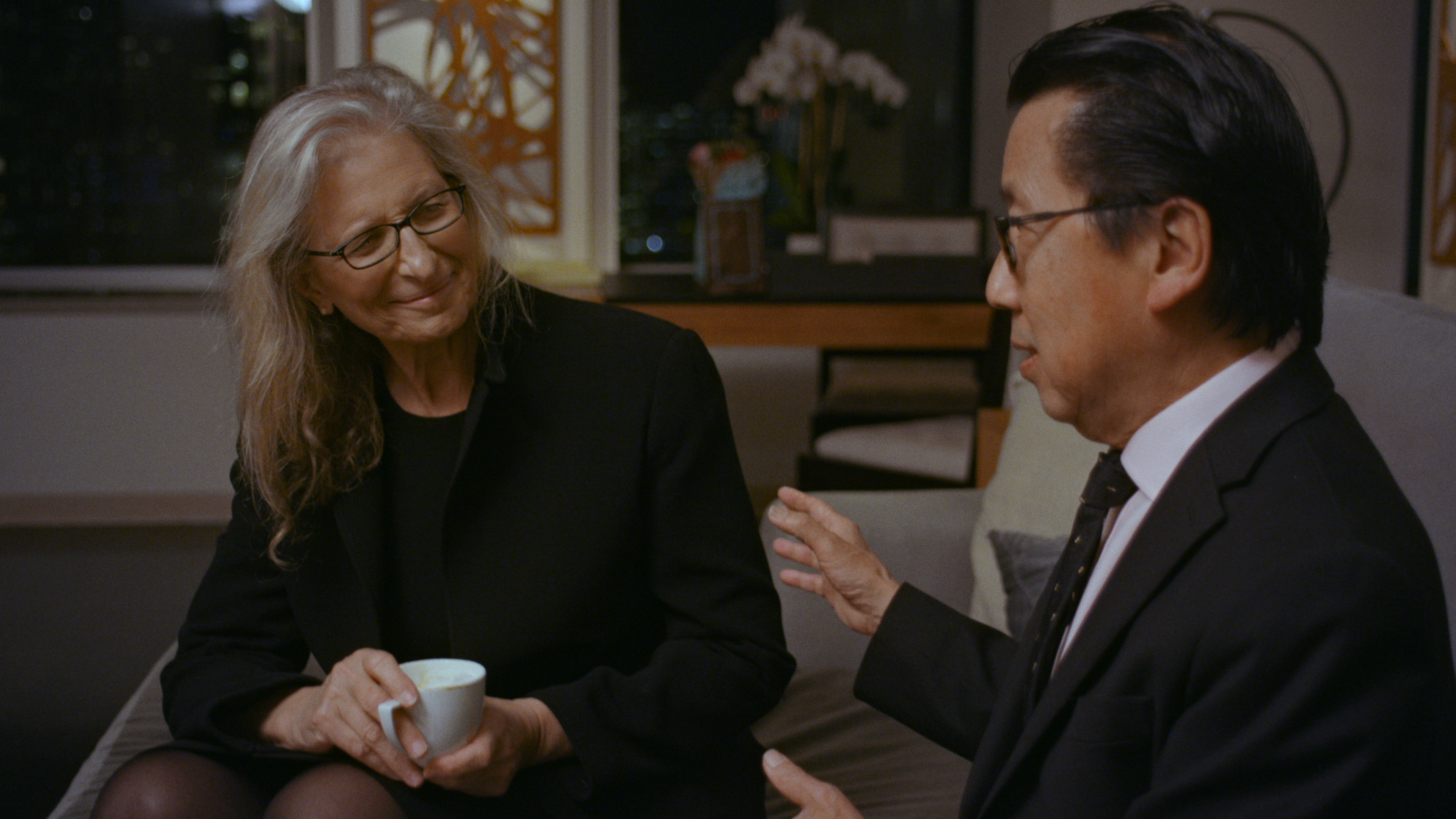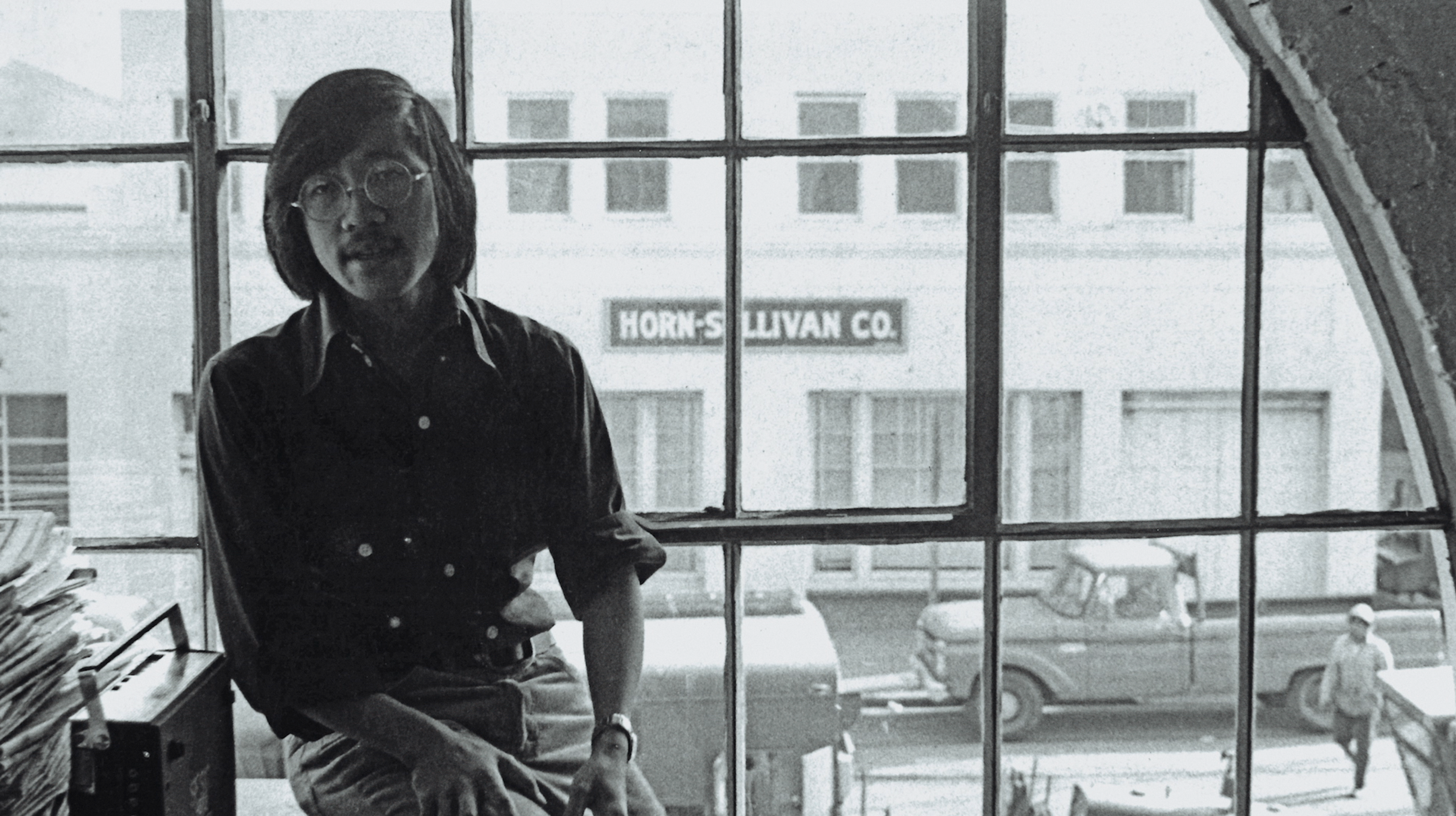Suzanne Joe Kai’s Like A Rolling Stone: The Life and Times of Ben Fong-Torres, showing next weekend as part of the 40th annual CAAMFest film festival (opens in new tab), deftly balances a trio of subjects.
First and foremost, the documentary—which made its Netflix debut (opens in new tab) over the weekend—is about Fong-Torres. A Bay Area journalist and local institution, Fong-Torres has lived and worked in San Francisco for more than 50 years. As a young man, he was instrumental in shepherding rock music from the high school auditorium to the sports arena in the pages of the SF-born Rolling Stone magazine.
Secondly, the film is concerned with the Asian American experience. In tracing his life and career, Kai highlights the discrimination Fong-Torres and other members of his community have faced over the years—underscoring the tough road that Fong-Torres navigated in rising through the ranks of a predominantly white industry.
Finally, Like A Rolling Stone is about the ascent of rock & roll journalism and the magazine where Fong-Torres first made a name for himself.
Speaking via Zoom from his home in The Castro, Fong-Torres said luck played a role in his early success. He was a Bay Area resident when San Francisco became the counterculture capital of America; and as a college student in the late ’60s, he served as City Editor for the Daily Gator—SF State’s student newspaper—at a time when anti-Vietnam War protests, Black Panther rallies and violent clashes with police were unfolding on campus and elsewhere throughout the city.
“Right place, right time,” Fong-Torres said. “The Bay Area had more open doors than other parts of the country. I was born in 1945, and at the time there were no real role models. Not even unreal ones.”
In addition to gaining some general assignment experience at the Gater, Fong-Torres also cut his teeth as a culture correspondent, interviewing the musical groups that toured American universities. Rolling Stone publisher Jann Wenner—one of the many marquee interviewees to appear in the documentary—hired the bespectacled and mustachioed Fong-Torres in the turbulent month of May 1969.
There are two kinds of rock journalists, and their techniques are like fishermen. One type is patient and tranquil, knowing when to reel and when to let the line go slack. The other type—R. Meltzer, say, or Lester Bangs—tosses in a stick of dynamite to see what the explosion can churn up.
Fong-Torres’ approach was solidly the former. He pioneered the introspective multi-paged interview, often working in creative collaboration with legendary Rolling Stone photographer Annie Leibovitz, who was herself a graduate of the San Francisco Art Institute.

Unlike his colleague, Hunter S. Thompson—“There was really only one Dr. Gonzo”—Fong-Torres was not very interested in altered states. His role models were suit-and-tie types.
“I looked toward Steve Allen for dealing with showbusiness or, on the radio, Gary Owens.” he said. “There was Herb Caen and Bill Fiset of the Oakland Tribune, for column writing and light humor. That’s what I was trying for.”
It wasn’t long before Fong-Torres’ ubiquitous byline led to cordial relationships with the likes of Paul McCartney, Elton John and others. He was no pushover, though; he got into it with George Harrison during a tour where the ex-Beatle looked dully over-rehearsed.
“It wasn’t me being negative, I was there to chronicle the negativity,” he recalls in the film. On camera, Ray Manzarek of The Doors compliments Fong-Torres on his knowledge of jazz and Jung. We hear of rock musicians refusing to submit to a Rolling Stone interview unless Fong-Torres was behind the typewriter.
Fong-Torres also knew how to write hard news—and he often took on those who had the power to push back. He reported on record companies paying their talent with drugs, and the FCC intimidating FM stations and threatening to pull their licenses.
In taking the enterprise of rock & roll journalism so seriously, Rolling Stone helped to elevate the public perception of rock music while also helping transform it into a fully-fledged industry. In this way, Fong-Torres and others on the RS masthead were not unlike Bill Graham—another San Francisco rock & roll icon.

The documentary also delves into Fong-Torres’ identity as a first-generation son of Chinese immigrants. He says he inherited his work ethic toiling in his family’s restaurant; later his family was scarred by the gang violence that rocked 1970s Chinatown.
Kai, the film’s director, has known the journalist for many years and said she has long viewed him as “the ultimate pioneer.”
“We became friends because there were so few Asian-Americans on TV,” said Kai, a Mills College and Stanford alumna (opens in new tab) who began her on-camera career at Bay Area NBC affiliate KRON-TV when she was just 22. “There were not too many of us: Ben, David Louie and Christopher Chow and I were the first in the SF market.”
For his part, Fong-Torres said he is pleased with Kai’s reportorial approach, noting that too many modern documentaries feel more like hagiographic biopics than true-to-life examinations of their subjects.
“With the media today, there is more and more leaning into dramatized life stories,” he said. “I’m glad I had Suzanne, who was so adamant that everything be nailed down, in terms of facts.”
Like A Rolling Stone: The Life and Times of Ben Fong-Torres
Phyllis Wattis Theater, SFMOMA, 151 3rd St
Saturday, May 21, 7 p.m. | $14
